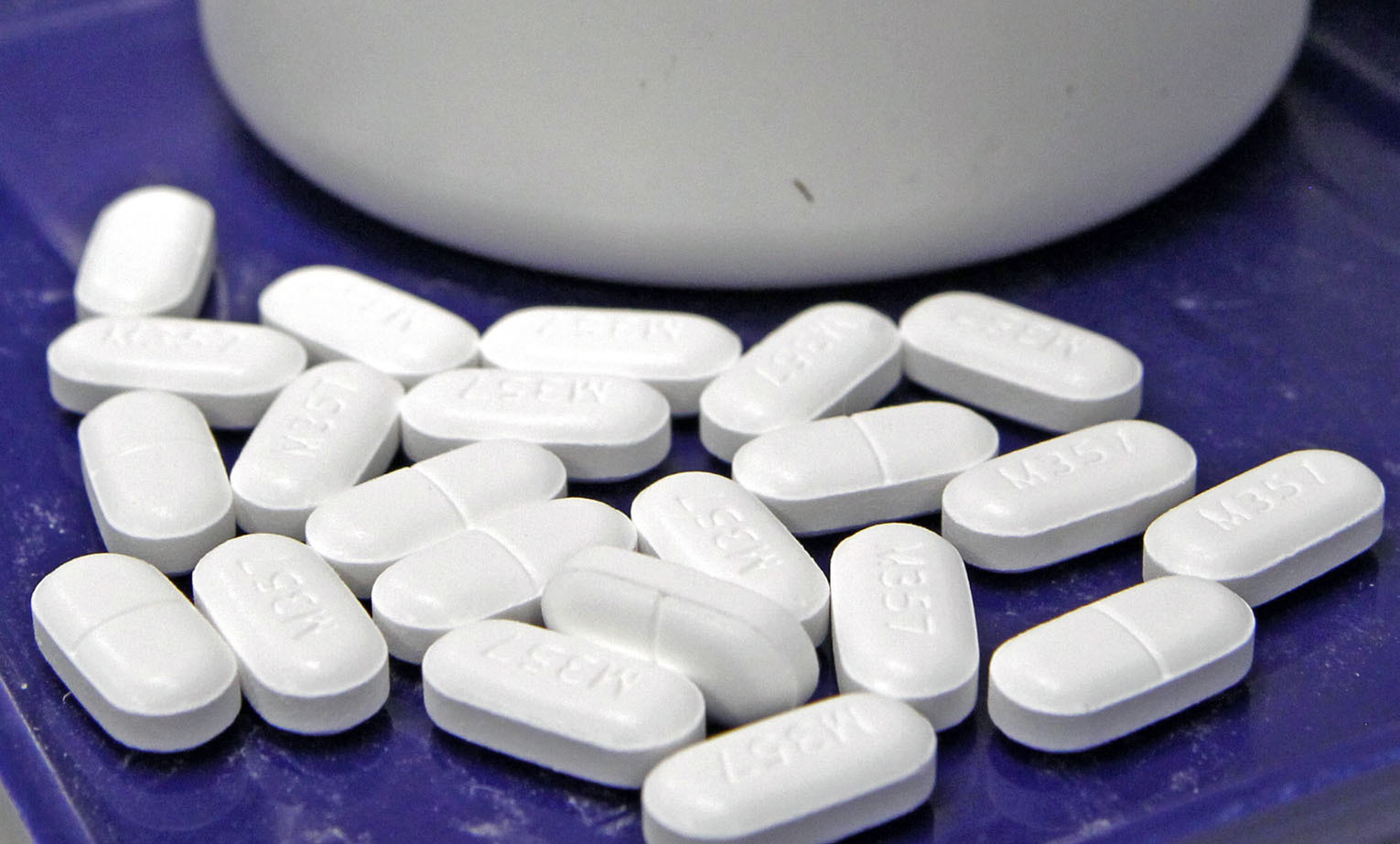It didn’t generate catchy chants, but one of the most resonant promises Donald Trump made on the campaign trail was to use the authority of the White House to address the scourge of opioid addiction in the U.S. The commission he set up shortly after taking up residence in the Oval Office has issued a preliminary report, which calls for the declaration of a national emergency, an action it names as its “first and most urgent recommendation.”
The commission, headed by New Jersey Governor Chris Christie, was established by an executive order in March. Its final report is due in the fall, but the group issued a series of recommendations this week, in part to “give the president some immediate steps that he can take to try to make sure that we stop the death that is happening across the country,” according to Christie.
In addition to the state of emergency declaration, the commission recommends creating a federal fund to cover medication-assisted treatment and giving states authority to bypass regulations that bar Medicaid from reimbursing addiction treatment because it’s classified as a “mental disease.” The group also suggests funding be directed to stepped-up research on non-opioid options for pain relief.

This Feb. 19, 2013 file photo shows hydrocodone-acetaminophen pills, also known as Vicodin, arranged for a photo at a pharmacy in Montpelier, Vt.
There is a call for increased education efforts intended to both slow the rate and quantity of prescriptions written by physicians. The training is also meant to better equip healthcare professionals with tools needed to move patients toward treatment if addiction issues arise. The FDA recently announced more robust training requirements for manufacturers of opioids, but stopped short of mandating extra education efforts for physicians.
Michael Fraser, the executive director of the Association of State and Territorial Health Officials, tells The New York Times that declaring a state of emergency would be largely a symbolic move.
“It’s really about drawing attention to the issue and pushing for all hands on deck,” Fraser says. “It would allow a level of attention and coordination that the federal agencies might not otherwise have, but in terms of day-to-day lifesaving, I don’t think it would make much difference.”
At this point, the White House made no official declaration about how it would move forward with the recommendations beyond noting the intent to put them under immediate review.
Filed Under: Industry regulations




